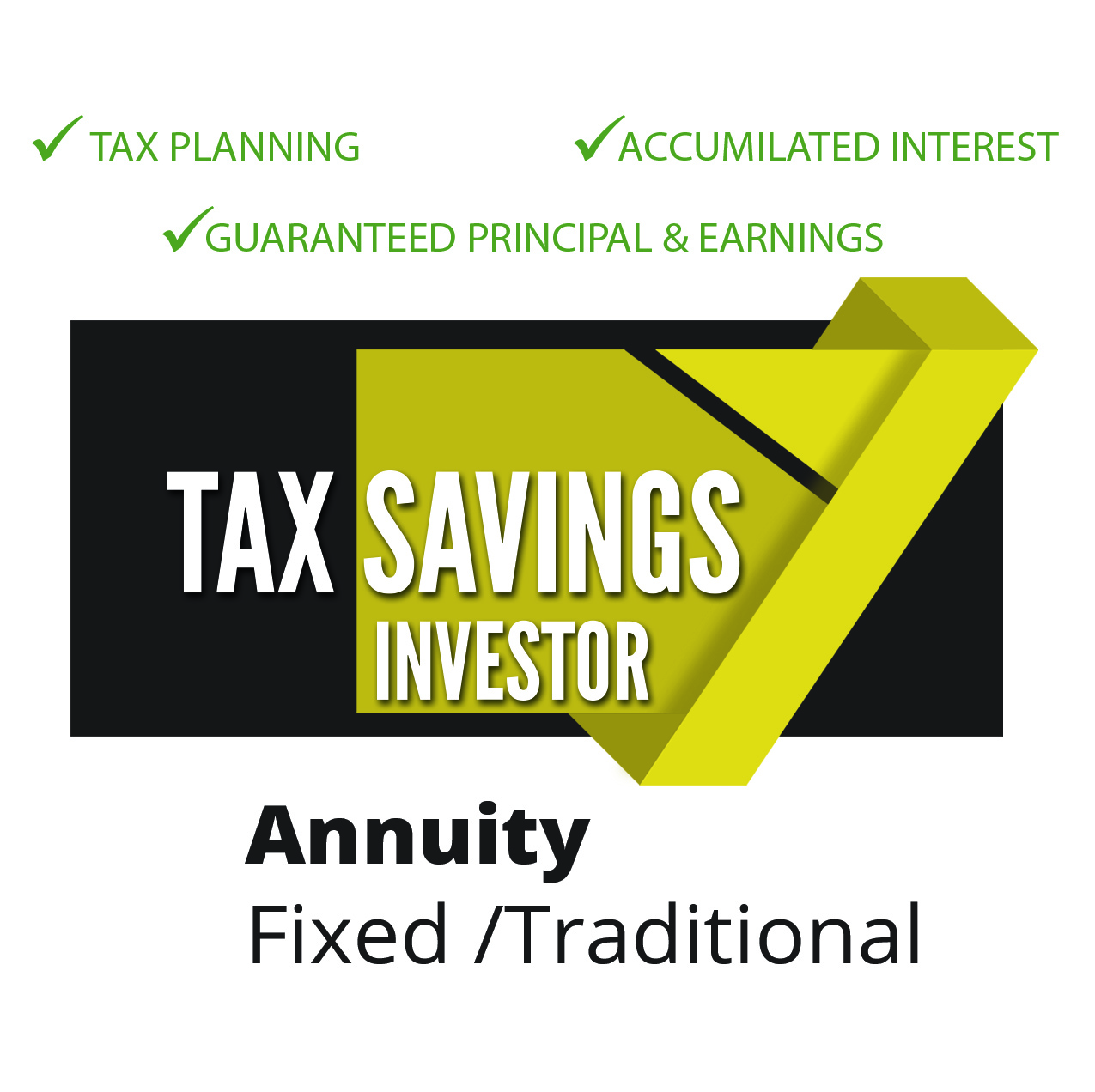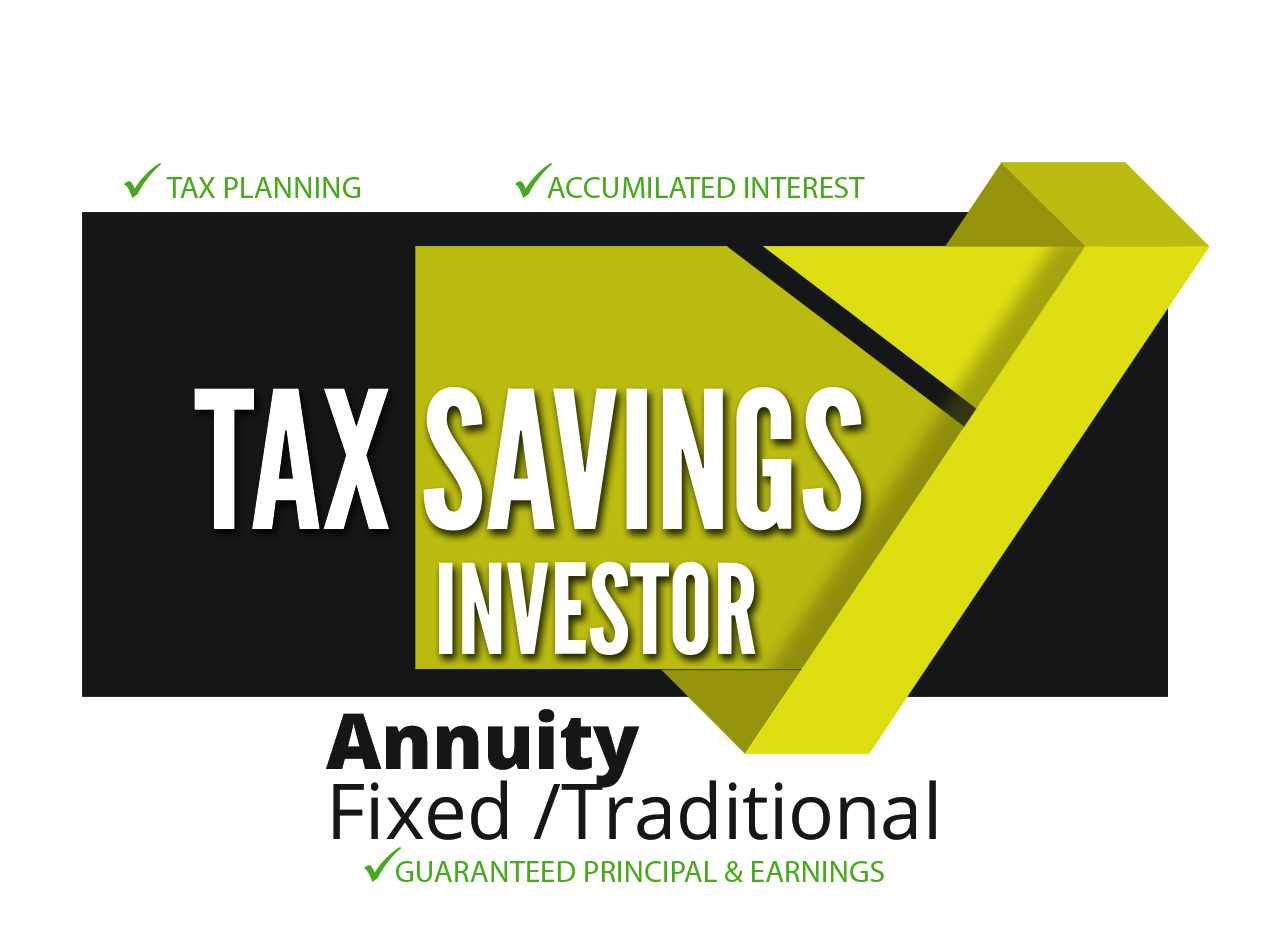Stocks and shares scare most people, so it obviously would not be smart to invest our money in something that we don't understand or are not sure about. There are of course several safe investment areas available to us, but we are required to understand and analyse these as well before we simply invest our money. We need to be smart about our investments and put our money into investments that would give us the highest returns. While investing through big investment companies may seem like a good way to gain returns, we have no control over the gains we earn. Mutual funds performance is out of our hands, and we are unable to customise these funds according to what we need and require. There is also a high fee to pay to avail of these services and the time taken to get returns is long and uncontrollable. Even though there are several types of mutual funds available to us, the drawbacks of all are the same, so people who are looking for safe returns fast are at a loss in the mutual fund market.
Whole Life InsuranceFor people who are still looking to make collective investments, the safer option would be the Index Fund. This type of fund is different, as it aims to recreate the movements of a specific market, and market conditions are not very important. To avail of such a fund, the fee required is minimal, however returns are not minimised. The low-cost of this fund makes it appealing and also accessible to people who are at the lower end of the income bracket. It is also easy to manage these funds, and the investment objectives of such a fund are easy to understand. These funds are simply rebalancing every six months or every year. Style drifts are not possible with these types of funds, so diversification of a portfolio is more accurate and can easily be increased.
Life Insurance CoverageThe turnover expected from these funds is lower, as they are passive funds and not active funds. This means that capital gain taxes are not applied to these funds and so the investor need not pay the taxes that would come along with a high turnover rate. Investing in different types of funds eventually lies on the person and what kind of returns there are looking for, but in the end the safer way to invest would be through a fund that offers higher returns with low investments, and has a nearly hundred per cent accuracy rate of being able to predict the returns a person will gain..
Life Insurance BrokerFor those interested in getting involved in investing, the stock market is a logical place to start. However, the earning potential of domestic companies isn't quite what it used to be.
As many U.S. stock prices continue yo-yoing from the recession and interest rates at an all-time low, many investors are looking to invest their money abroad in hopes of earning bigger returns. If domestic stocks aren't your cup of tea, you are looking to gain exposure in a developing region, or you are simply interested in diversifying your portfolio, then the emerging markets may be your ticket to investing success.
AnnuitiesMany parts of the world are starting to catch up to some of the more economically developed areas, such as the United States and Europe. These countries and areas are considered markets that are emerging or on the verge of emerging (if that;s even a category) because they are poised to grow in many different sectors, including energy production, infrastructure, utilities, medical care, education, industry, finance, etc. This immense potential for growth makes emerging markets a great investment option for those investors who are willing to take a greater risk for the chance of a bigger reward by putting money behind a company in a less established country.
Stocks with Potential
If the prospect of investing in emerging markets sounds intriguing, there are a number of different investment vehicles to consider. One of the most popular is to buy stock in companies in developing areas. This option provides direct exposure to the returns and has a high potential for long-term growth if the company is successful. Companies such as Alibaba.com, Foxconn and PetroChina are some current popular picks in the emerging markets. However, investing in one of these companies -- or others -- comes with some extra risk since there is no guarantee that a company will grow and flourish in the emerging market. If you choose to take this investment route, look for companies that stand to provide a valuable resource, product, or service to a developing nation.
Diving Into Emerging Markets ETF
Life Insurance CoverageAnother investing option in emerging markets comes in the form of an exchange traded fund (ETF). These funds are similar to mutual funds in that they are professionally managed and hold a large number of shares in several different companies, however, unlike mutual funds, they can be traded like stocks on a security exchange. An emerging market ETF is often run by a financial institution, such as Vanguard or iShare, that does a large amount of research and picks the companies with the most potential for growth. Some examples of these ETFs include: First Trust BICK Index Fund (BICK), Global X Russell Emerging Mrkts Growth ETF (EMGX), Market Vectors India Small-Cap ETF (SCIF), and Vanguard Emerging Mrkts ETF (VWO). Again, the drawback of investing in these funds is that they can be more volatile than some of their domestic counterparts.
Affordable Life InsuranceMutual Funds
In some cases, investors can also get involved with mutual funds that engage in emerging market investment activity. Mutual funds are slightly different from ETF's because they are only traded once a day - typically at the end of the trading day. There aren't as many mutual funds available in these markets are there are ETFs or individual stocks, but there are still some very viable and potentially profitable choices if you are interested in pursuing an emerging market mutual fund. Some of the top performers in the past year include, ING Emerging Countries Q (NACQX), Nicholas-Applegate Emerging Markets II (NAGDX), Wasatch Emerging Market Small Cap (WAEMX), and Aberdeen Emerging Markets B (GEGBX).
Tax Saving InvestmentsInvesting in the BRIC
One of the most well-known and popular emerging markets for investors is the BRIC, an acronym that refers to Brazil, Russia, India, and China. These four countries make up more than 25 percent of the world's land and 40 percent of the world's population. The BRIC is a powerhouse of these markets that is expected to experience a significant amount of economic growth in the coming years, making investment opportunities in these countries plentiful, and likely well participated in, and potentially lucrative.
Social Security And Medicare TaxWhether you choose to invest in the BRIC or put your money into another growing country, such as Mexico or South Korea, there are plenty of investment opportunities in emerging markets. Just make sure that before choosing any investment, you thoroughly research the companies, options, and markets that you are considering. And remember, investing in an one of these can be risky, but sometimes big risks come with big rewards.
Selling InsuranceSo, the best rate of interest you'll get on a deposit account in the UK is about 4 per cent, and for that you have to sacrifice the liquidity that is ostensibly the biggest advantage to holding cash as you have to commit to at least 3 to 5 years for the full rate. Then let's also take into account the fact that you'll probably pay 40 per cent tax (if you're a higher rate tax-payer), and furthermore factor in inflation eating away at your capital and diminishing your purchasing power by at least 3 per cent for each year, and an investment of £10,000 actually loses you sixty pounds (GBP) in real terms:
10,000 + ((10,000 x (0.04 x 0.6))-(10,000 x0.03)) = 9,940
Let's look at this in terms of risk and reward. In the UK, a cash deposit of up to £85,000 GBP is effectively insured by the government - so one might consider it as risk free. But that risk-free investment will lose you £510 GBP. Let's then move right to the other end of the risk scale and look at equities, where it has been proven time and time again that the value of shares can fall to virtually nothing overnight, and an investor can lose literally all of his or her invested capital. What kind of reward do we get for taking this huge risk? Well, not a lot. A recent report showed that a portfolio of UK equities generated a compound annual growth rate of just 0.96 per cent for the past 10 years.
Tax On Savings InterestWell that's confusing! Those 'in the know' have always told us that a bigger risk equals a bigger return - or something like that, but it would appear that this is imply just not the case. For example, I can buy a property from a distressed seller with a 30 per cent or greater discount to market value, I can then spend a little money cleaning it up, and I can then sell it closer to market value and take the discount as a capital profit. And if I do my research and buy the right property in the right area, I can do this 5 or six time a year using the same seed capital. So in this case my £85,000 earns me a net return (after capital gains tax) of 14.4 per cent every time I buy and sell, which means I earn a whopping 72 per cent per year if I manage to trade five properties over 12 months.
Income Tax SavingSo for this I must be taking huge risk, right? Well, let's look at that for second. Firstly, property value might fall, but I have bought at least 30 per cent below market value, so property would have to fall by ANOTHER 30 per cent before I lost any money. Secondly, I might have problems selling each property. This is quite true, I might, but if I set my business up properly then I'll secure buyers before I even acquire the property - and there are ways to do this.
Lifetime AnnuityLook, this isn't a cure all solution to investing, there are risks, but the likelihood of losing money in the long-term is slim, and the opportunity to generate a profit that you will NOT find at any other time than in the unique circumstances of a distressed property market is obvious.
Long Term Life Insurance












Tax Savings Investor, Tax Planning, Save On Taxes, Annuity, Tax Saving, Life Insurance, Whole Life Insurance, Life Insurance Coverage, Life Insurance Broker, Annuities, Life Insurance Coverage, Affordable Life Insurance, Tax Saving Investments, Social Security And Medicare Tax, Selling Insurance, Tax On Savings Interest, Income Tax Saving, Lifetime Annuity, Long Term Life Insurance
ReplyDeleteNeo MD - Credentialing, Medical Billing & Practice Management Company | Credentialing, Medical Billing & Practice Management Company
ReplyDeleteFrom Credentialing to Medical billing, SEO-based Web development to Front Office Management, and CCM to MIPS consultation, NEO MD is providing everything under one Platform.
https://neomdinc.com/